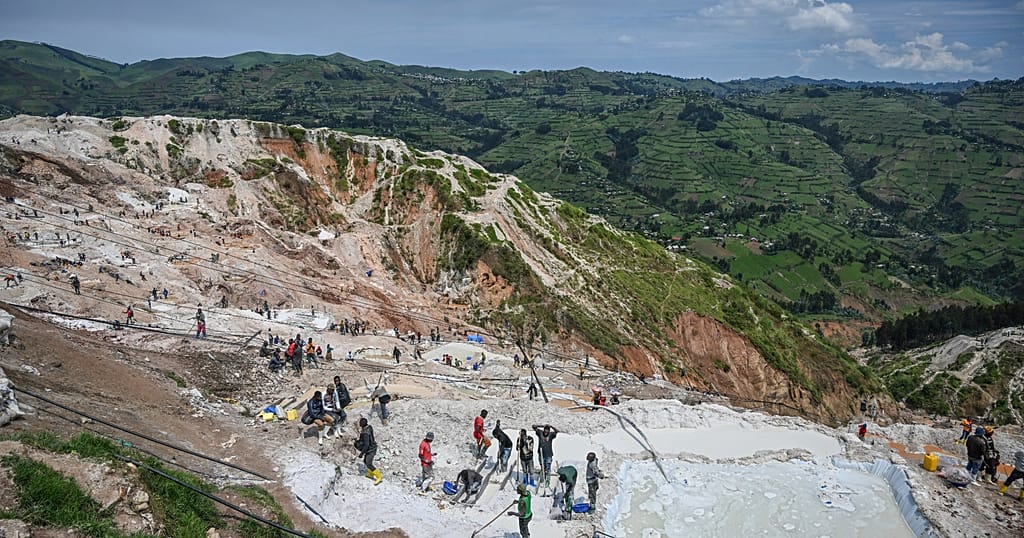Flight Attendants Refuse to Back Down as Air Canada Dispute Deepens
A Labour dispute between Air Canada and its flight attendants has forced the airline to ground hundreds of planes, leaving thousands of passengers stranded. The Canadian Union of Public Employees (CUPE), which represents 10,000 Air Canada cabin crew members, refused to comply with a government-backed order to return to work on Monday.
The union has been seeking better wages and compensation for work performed on the ground, such as boarding passengers. Currently, flight attendants are only paid when planes are moving, sparking vocal support from Canadians on social media. CUPE invited Air Canada back to the bargaining table, calling the order to end the strike unconstitutional and urging the airline to “negotiate a fair deal.”
The dispute centres on the way airlines compensate flight attendants. Most airlines, including Air Canada, have traditionally paid them only when planes are in motion. However, in recent contract negotiations, flight attendants in both Canada and the United States have sought compensation for hours worked, including tasks such as boarding passengers.
New labour agreements at American Airlines and Alaska Airlines require carriers to start paying flight attendants when passengers board. American’s flight attendants are now also compensated for some hours between flights. United Airlines cabin crews, who voted down a tentative contract deal last month, are seeking a similar provision.
The Canadian government has several options to end the strike, including asking courts to enforce the order to return to work and seeking an expedited hearing. The minority government could also try to pass legislation, which would require support from political rivals and approval in both houses of parliament. However, parliament is on break until September 15.
The dispute has caused confusion and frustration among travellers, with many stranded at Toronto Pearson International Airport over the weekend. The airline had planned to start ramping up operations on Sunday evening but was forced to delay until Monday evening. Air Canada has described the union as “illegally defying” the labour board.
The CUPE’s rejection of the order to end the strike is unprecedented, as it was made under rules known as Section 107. The government invoked this provision to order binding arbitration, but the union has opposed this move.
The conflict between Air Canada and its flight attendants highlights the ongoing debate about workers’ rights and compensation in the airline industry. As the dispute continues, thousands of passengers remain uncertain about when they will be able to fly.



